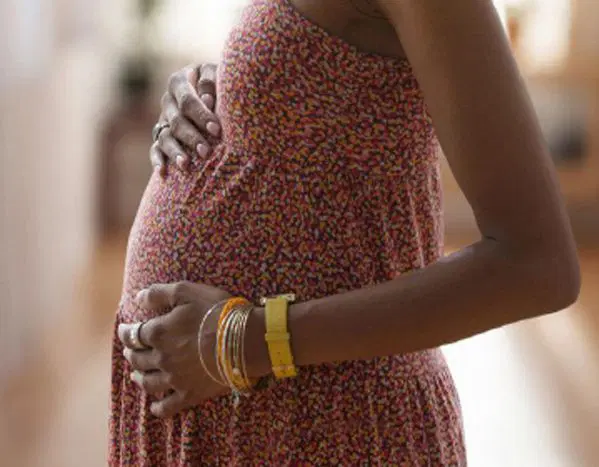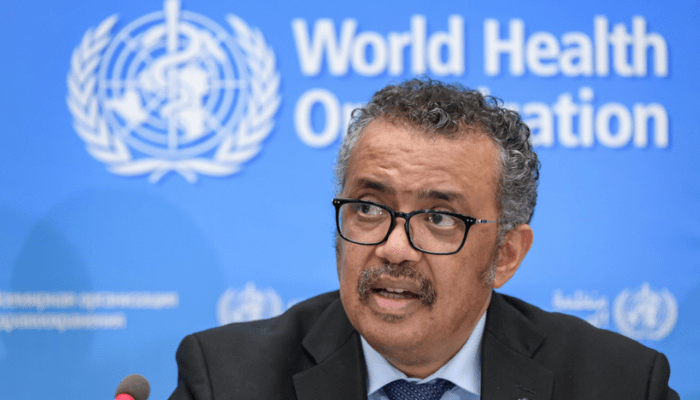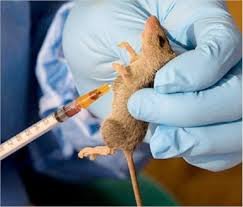
Stock image for illustration
ABUJA, Nigeria – In Abuja, the nation’s capital, amid the laughter of schoolchildren in crisp uniforms, are thousands of girls whose dreams have been abruptly cut short by an invisible crisis. For many, schoolbooks have been replaced by baby bottles, and classrooms exchanged for hospital waiting rooms.
“Unwanted pregnancies are robbing our teenage girls of their futures,” writes Koko Maxwella, whose report uncovers the scale of this mounting national emergency. The statistics are stark, but behind every number lies a girl like Favor, whose life was forever altered before she even reached adulthood.
“My Dreams Ended the Day I Found Out”
The first time Favor missed her period, she thought it was nothing. She was only 16-year-old, still sitting on the cold benches of a government school in Abuja, her head full of exams, gossip, and half-dreams of becoming a nurse.
“I didn’t even understand what was happening,” she whispered, staring at the floor. “When I finally told someone, it was already too late. My parents were ashamed. I was forced out of school. My life stopped that day.”
Favor’s voice trembles — not just with fear of judgment, but with the heavy truth that her childhood ended before she had the chance to live it.
The Alarming Numbers
In Nigeria, stories like Favor’s aren’t rare. They are everywhere — in villages, in busy towns, in cities where glittering skyscrapers rise above broken futures.
The numbers are brutal: according to the United Nations Population Fund (UNFPA), Nigeria records around 2.5 million unintended pregnancies every year. Nearly one in five girls aged 15–19 is either pregnant or has already given birth. In the North-West, it’s almost three in ten.
But the statistics only whisper what the girls themselves shout in silence: “We were never taught. We were never told. We were never protected.”
“Parents pretend it’s a taboo,” says youth advocate Sanni Ahmed. “But the girls are paying the price of silence.”
“I Went to A Woman Behind the Market”
When the whispers turn into bulging bellies, many teenage girls turn to something far darker: unsafe abortions.
Hauwa, 15, from Kano, remembers how her mother took her to “a woman behind the market” who promised to “help.”
“I screamed until my throat tore,” she said. “After that, I was bleeding for weeks. We couldn’t go to the hospital. If people found out, they would call me a sinner. But I thought I was going to die.”
According to the World Health Organisation (WHO), 45% of abortions globally are unsafe — and African teenagers are the most at risk.
UNICEF warns unsafe abortions remain a leading cause of maternal deaths among adolescent girls in Sub-Saharan Africa.
Behind every statistic lies a girl like Hauwa — frightened, silenced, left with scars that stretch far beyond her body.
“They Told Me to Marry Him”
Sometimes, the solution offered is not medical but marital. Stella, who became pregnant at 17, was told by her family that the answer was simple: marry the man responsible.
“He was 25, and I didn’t even love him,” she said. “They said it would ‘cover the shame.’ I cried every day. I felt trapped in a cage.”
Her story shows how cultural expectations often punish the girl twice: once with a pregnancy she never wanted, and again with a marriage she never chose.
The Spiral of Lost Futures
Teenage pregnancies don’t just change a few years of a girl’s life — they rewrite the entire script.
School uniforms are exchanged for wrappers and nursing clothes, classroom chatter becomes midnight cries of newborns, and dreams of becoming nurses, teachers, or lawyers dissolve into the long grind of survival.
“This is not only a health issue. It is social. It is economic,” explains Dr. Roy, a Lagos gynaecologist. “Once a teenage girl becomes pregnant, the entire trajectory of her life changes. We are breeding generations of poverty.”
A Culture of Silence
The thread that ties all these stories together is silence. Girls don’t learn about their bodies. Parents fear the conversation. Schools tiptoe around sexuality education.
Mrs. Juliana Okoro, a community educator, calls it a generational failure:
“The parents of these girls also contribute. They shy away from these conversations. The girls are too scared to share experiences that could have been corrected early.”
Without guidance, teenage girls are left blind in a world full of predators, misinformation, and stigma.
For girls like Favour, Hauwa, and Stella, the fight is not just about statistics but survival. Each story echoes the same refrain: we are not numbers, we are lives.
The International Day of the Girl Child (2023) message from WHO could not be clearer: adolescent pregnancies endanger health, shatter education, and rob girls of futures they deserve.
“This pregnancy stole my life,” Favour says again, almost in a whisper. “I just wanted to finish school. I just wanted to be someone.”
Her words hang heavy, because they are not hers alone. They belong to thousands of Nigerian teenage girls, silenced by stigma, betrayed by silence, and burdened with responsibilities too heavy for their young shoulders.
The crisis is not invisible. It is written in the faces of girls on every street. And unless Nigeria chooses to listen, another generation will be lost.




